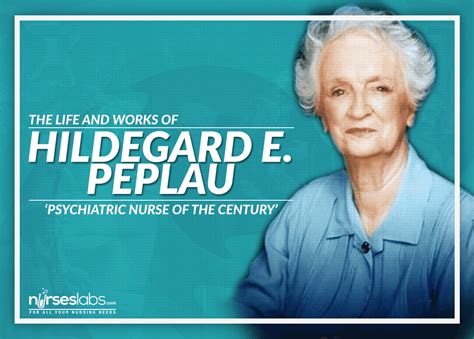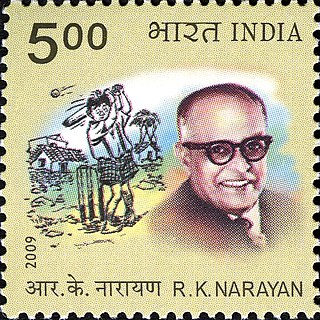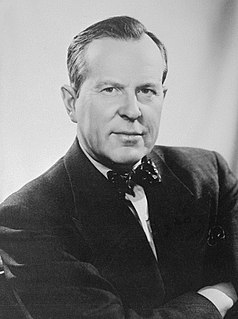A Quote by H. L. Mencken
The central difficulty lies in the fact that all of the sciences have made such great progress during the last century that they have got quite beyond the reach of man
Related Quotes
The fact is that liberty, in any true sense, is a concept that lies quite beyond the reach of the inferior man's mind. And no wonder, for genuine liberty demands of its votaries a quality he lacks completely, and that is courage. The man who loves it must be willing to fight for it; blood, said Jefferson, is its natural manure. Liberty means self-reliance, it means resolution, it means the capacity for doing without . . . the average man doesn't want to be free. He wants to be safe.
Nursing has made great progress from being an occupation to becoming a profession in the 20th. Century. As the 21st. Century approaches, further progress will be reported and recorded in Cyberspace - The Internet being one conduit for that. Linking nurses and their information and knowledge across borders - around the world - will surely advance the profession of nursing much more rapidly in the next century
It is a sobering fact that the prominence of central banks in this century has coincided with a general tendency towards more inflation, not less. [I]f the overriding objective is price stability, we did better with the nineteenth-century gold standard and passive central banks, with currency boards, or even with 'free banking.' The truly unique power of a central bank, after all, is the power to create money, and ultimately the power to create is the power to destroy.
Indeed, we need not look back half a century to times which many now living remember well, and see the wonderful advances in the sciences and arts which have been made within that period. Some of these have rendered the elements themselves subservient to the purposes of man, have harnessed them to the yoke of his labors and effected the great blessings of moderating his own, of accomplishing what was beyond his feeble force, and extending the comforts of life to a much enlarged circle, to those who had before known its necessaries only.
We stand now where two roads diverge. But unlike the roads in Robert Frost's familiar poem, they are not equally fair. The road we have long been traveling is deceptively easy, a smooth superhighway on which we progress with great speed, but at its end lies disaster. The other fork of the road - the one less traveled by - offers our last, our only chance to reach a destination that assures the preservation of the earth.
[Freud's] great strength, though sometimes also his weakness, was the quite extraordinary respect he had for the singular fact... When he got hold of a simple but significant fact he would feel, and know, that it was an example of something general or universal, and the idea of collecting statistics on the matter was quite alien to him.





































